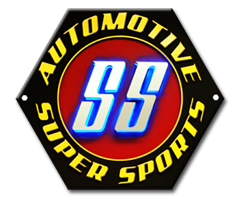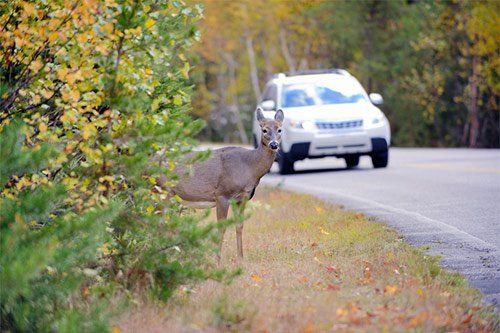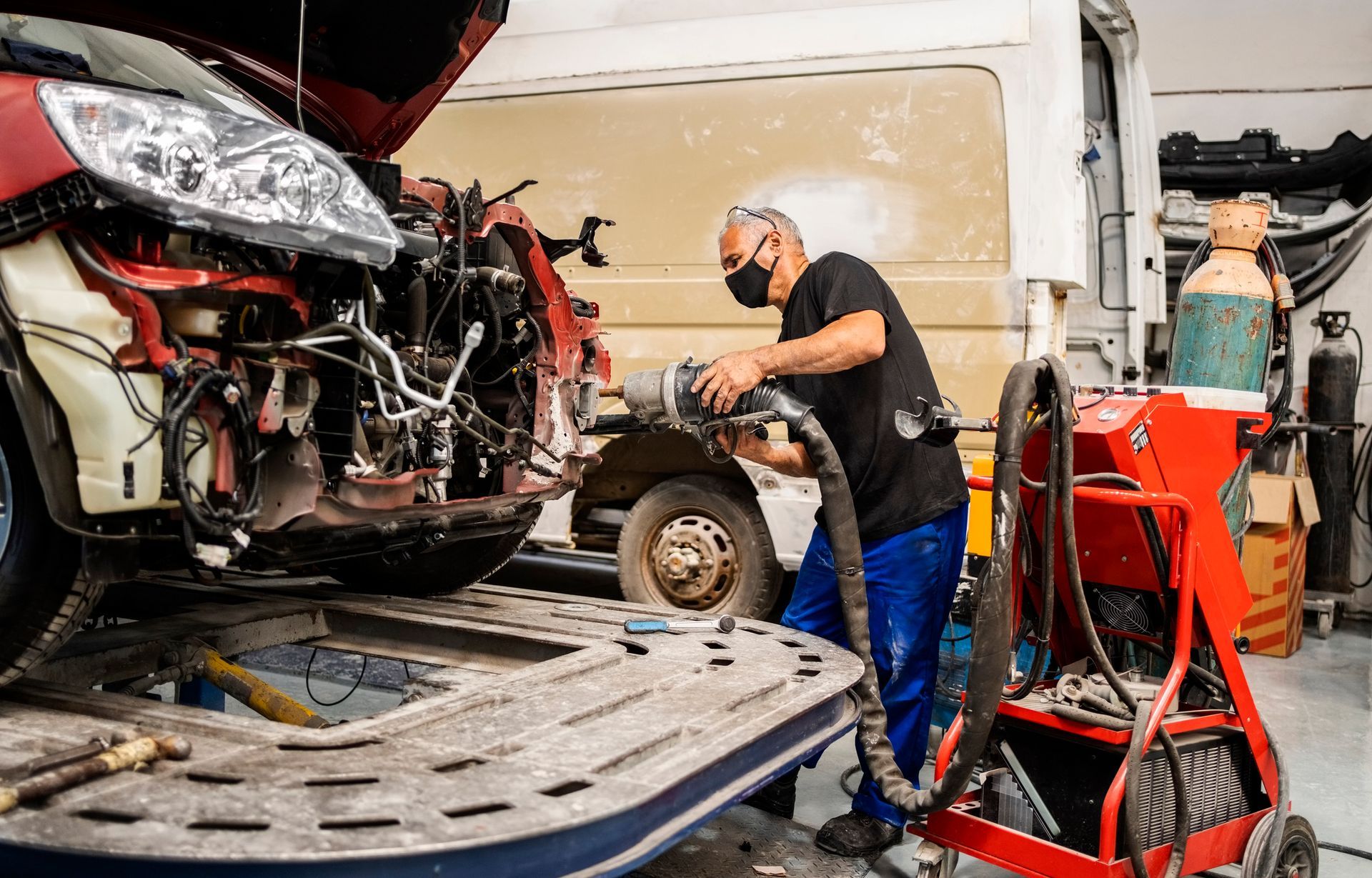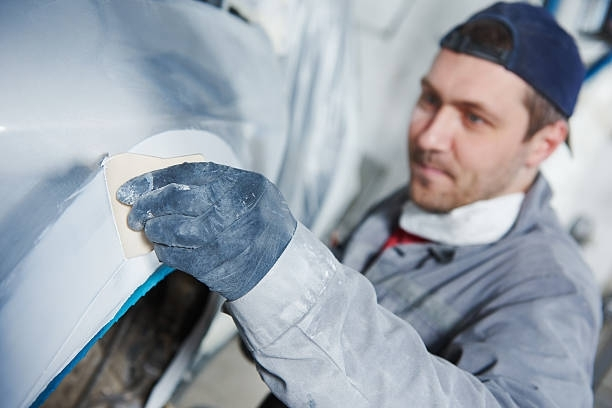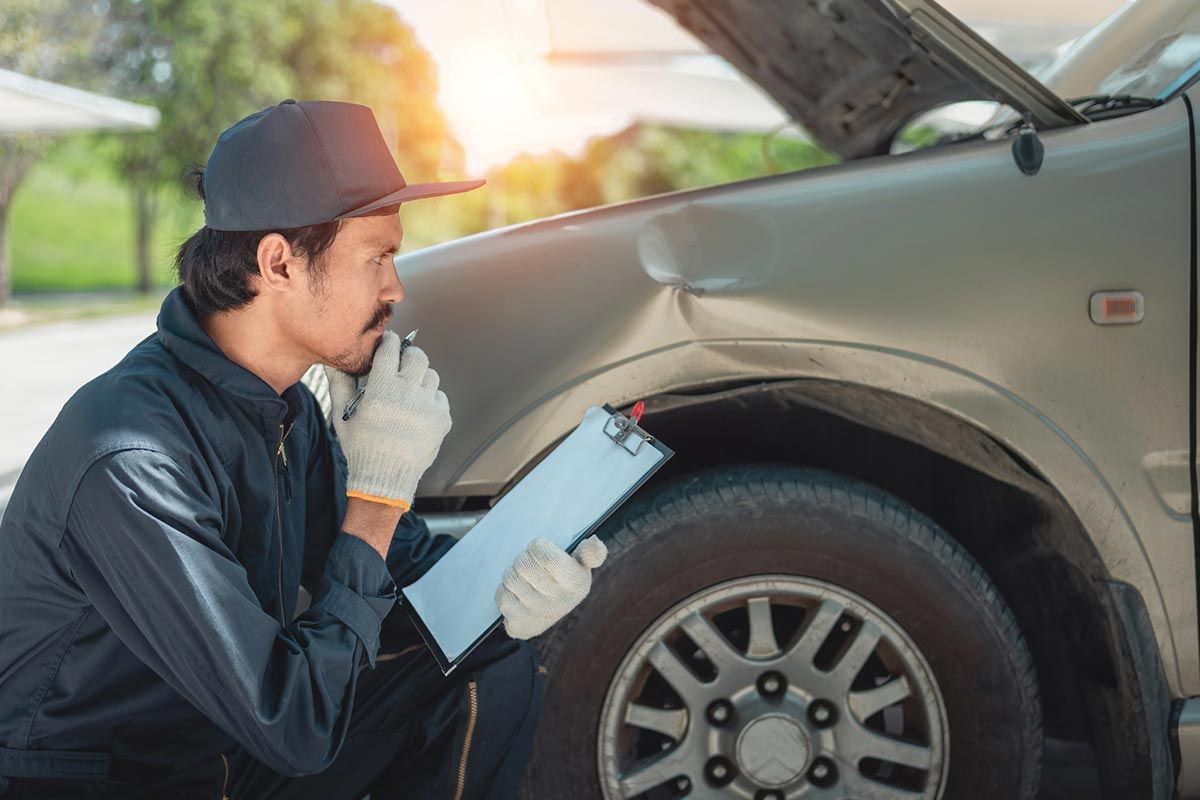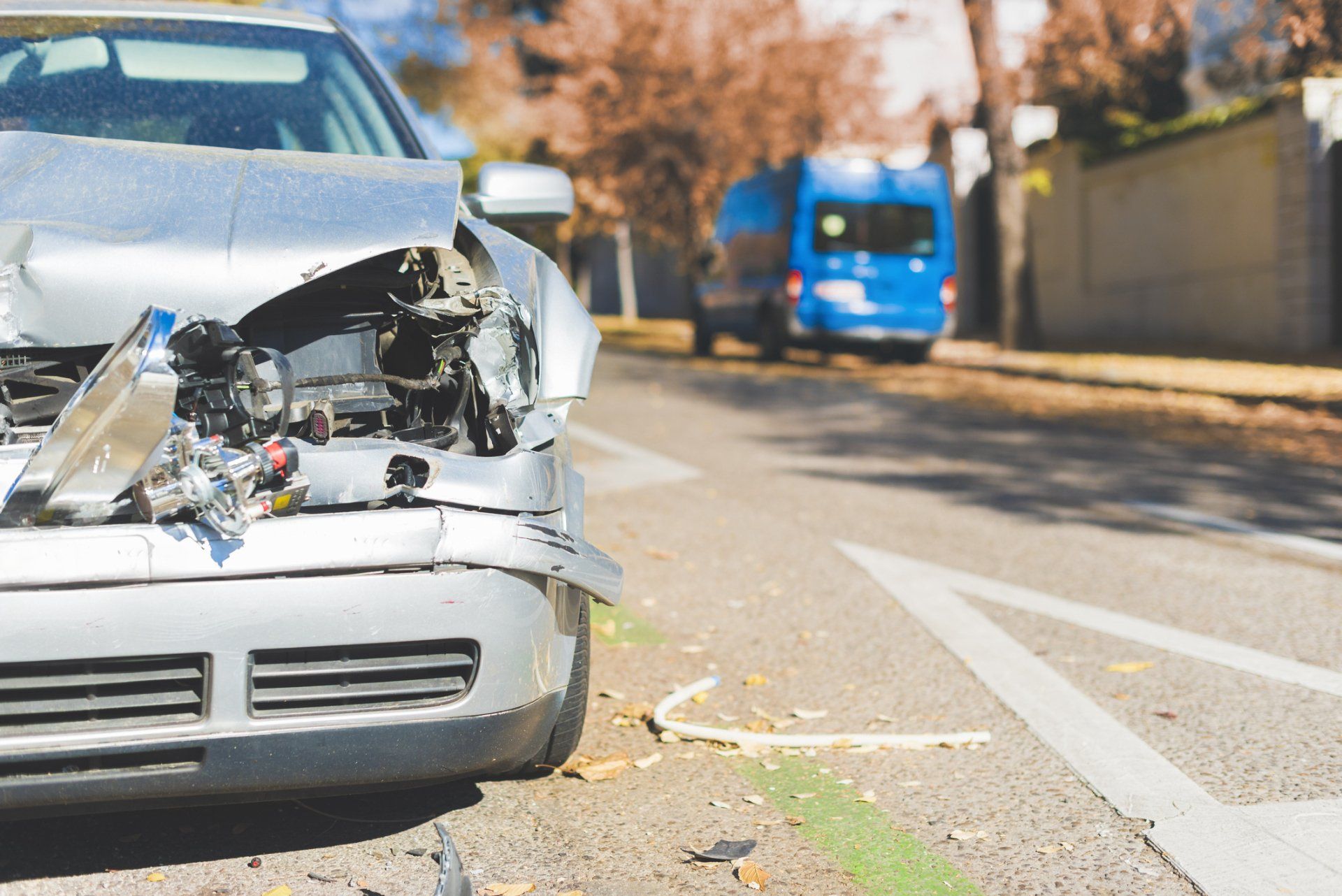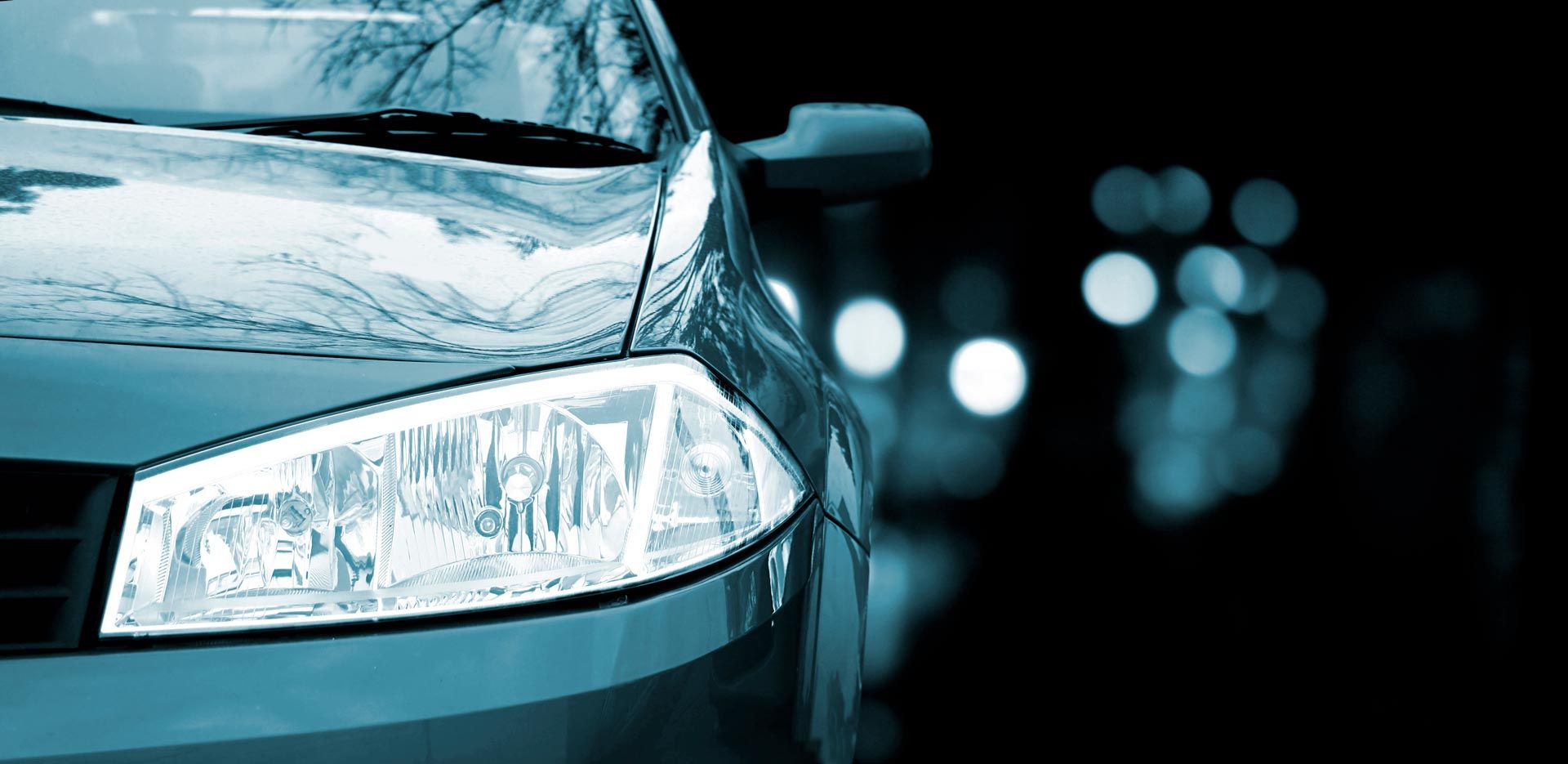What to Do After You Hit a Deer
No matter how safe a driver you are, you may find yourself in a situation where you hit a deer, with no way to avoid it. You’ll be jarred when you strike a deer with your car or truck, and even if you were driving slowly and managed to swerve, the accident can cause major damage to your vehicle. Consider these steps to take after you hit a deer with your vehicle.
Get Everyone to Safety
After the initial shock of the accident is over, try to drive your vehicle to a safe area, such as the side of the road. If you aren't able to move the vehicle and you are able to walk, step out of your car and get out of the road. Do not touch the deer or attempt to help it. The deer is stronger than you may think, even when it is injured, and you may suffer further injuries from the frightened deer.
Check on any passengers and determine if your collision with the deer caused another vehicle to get into an accident. If so, check on the other driver and their passengers as well.
Contact the Authorities
Call the police and let them know you hit a deer and if you were injured. Provide the address or mile marker, or give specific instructions as to where you can be found. Let them know if any other vehicles were involved in the accident.
Document the damage to your car and the scene while you are waiting for the police. This includes snapping photos of the deer, if it is still at the scene. This information will prove invaluable when you file an insurance claim. Never leave the scene, even if your vehicle appears unharmed.
Leaving the scene of an accident, even if it doesn't involve another vehicle or property, is illegal in many states. Additionally, you could suffer damage to your vehicle that wasn't apparent at the scene. This means that any damage to your vehicle won't be covered by your insurance provider and you will need to pay for it out of pocket.
Contact Your Insurance Provider
After you are cleared by the police to leave the scene, call your insurance provider. Tell them a deer was hit and you sustained damage to your vehicle. Get the insurance adjuster's name and ask where you can send the pictures and other evidence of the accident. Inquire about what is covered under your policy and if you will be reimbursed for any rental car fees you incur while your vehicle is being repaired.
Do not wait to call the insurance company after the accident. Any delay could damage your claim and keep your car out of commission longer than necessary.
Take Your Vehicle to a Professional
Finally, your insurance provider will ask you to get a vehicle repair quote from a professional. Even if the vehicle seems like it is running well or that it only incurred minor body damage, you shouldn’t attempt to drive your vehicle to the mechanic. Instead, hire a tow truck to bring your vehicle to the mechanic.
The collision expert will determine the extent of the damage and provide you with an approximation of how much it will cost to repair your vehicle's body. Never try to repair any body damage on your own, even if it seems minor or to avoid filing a claim with your insurance company.
A professional will pinpoint all the damage to your vehicle, including any structural body damage that isn't evident to a novice.
After you hit a deer, take the right steps to ensure your vehicle is repaired properly and as quickly as possible. If you have any further questions, contact Automotive Super Sports.
